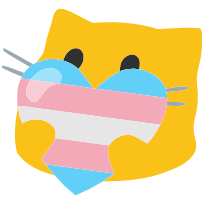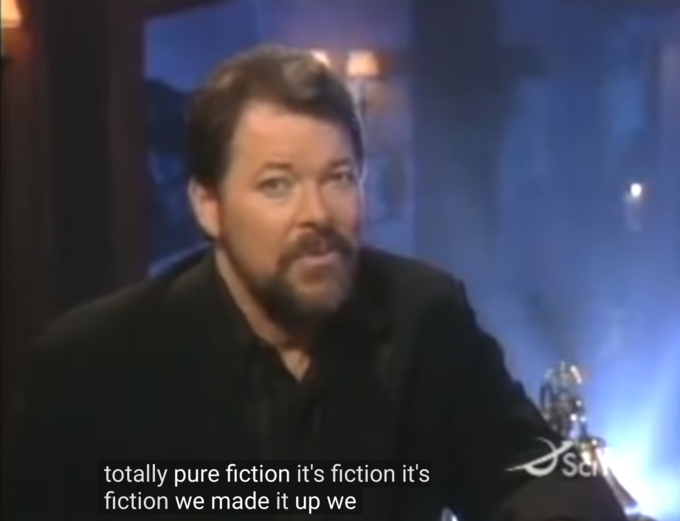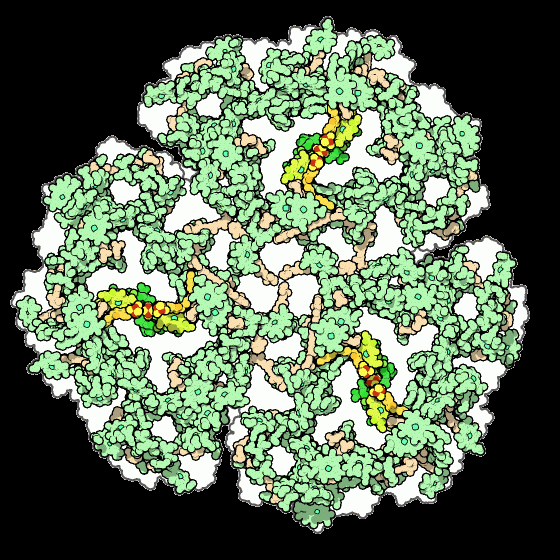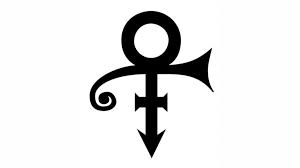In an RPG I had a population glob beings. The species was called glob, all of the personal names were glob, and the pronouns were all glob. Henceforth, I shall use the pronouns glob/glob for you (if you don't mind).
Dudes be like "Pronouns in bio. I do not use pronouns you can if you want but don't expect me to indulge you and use them too"
Oh god those types are worst
Gonna rev up the
 to squish them all under it
to squish them all under itEdit: oops didn't realise how big that custom emoji is on your instance, this what it looks like on mine:
Show
I heard that all words were just made up, but the cutoff for new words ended a while ago. That's right, if you can't find a reference to a word in a book written no later than 19th century (in English, by a man, preferably aristocratic), we're taking that word away.
That's not it really. It's the popularity of the word that gets it in a dictionary.
If I say "grissmald" is a word I made to describe a grape dipped in hydrochloric acid, I'm not gonna expect people to understand it or for dictionary to accept it.
"Bush" too complicated word. Grog no say made-up "bush", Grog say tree.
Very cool but: they/them. I cant even memorise names so i already used they/them online before i new about queer people.
What is ꙮ and how does one pronounce it out loud? Genuinely asking, to be clear, I've just never seen that before.
Cool, thanks for taking the time to explain all that to me!
giant emoji

?! Are you joking? If I'm supposed to know how to pronounce this I very much don't!
It was a dumb joke, it's what Prince changed his stage name to for a while, and so for ages magazines just called him "the artist formerly known as Prince". It's just pronounced as "Prince"
Idk how to pronounce the weird symbol either so I'm simply going to assume it's pronounced as "Ur" and read it like that
Actually you'll see that if you check out our pronoun policy bulletin list there's some cool sources linked about the historical existence of neo pronouns in numerous different precolonial societies that you might find interesting
Edit: for anyone actually interested in the historical uses of neopronouns and different genders outside of the false dichotomy of male and female this essay from the anarchist library is a pretty interesting read https://theanarchistlibrary.org/library/vikky-storm-the-gender-accelerationist-manifesto though it might also help to read up about the concepts of base and superstructure first here: https://en.prolewiki.org/wiki/Base_and_superstructure
you're aware people had gender before anyone ever said the words she or her, right? I'm rolling at the idea that pronouns define gender. you troglodyte - pronouns arise as a compromise between society and the individual. they're cultural while gender is something that belongs entirely to the individual.
how on earth do cis people live like this












